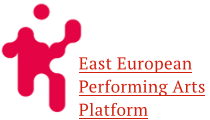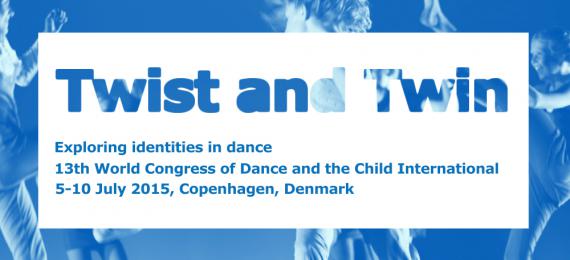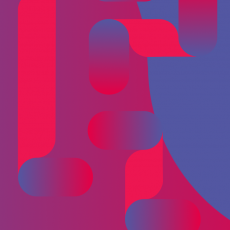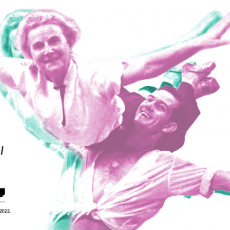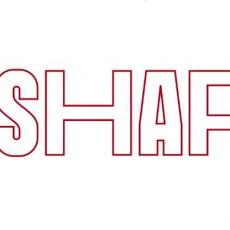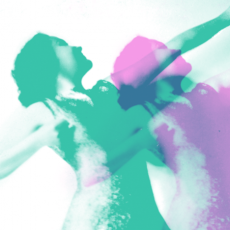East European Performing Arts Platform (EEPAP) supports the
development of contemporary performing arts (dance and theatre)
in 18 countries of Central and Eastern Europe.
13th World Congress of Dance and the Child International, July 5-10, 2015 (Copenhagen, Denmark)
The 13th daCi World Congress will offer a unique opportunity for everyone interested in dance and young people - to meet, dance, share, present and discuss issues related to the congress theme across age levels and professions!
The 13th World Congress will explore the theme of identity in dance as it is experienced in formal, nonformal and informal settings of education. It will be a unique opportunity for everyone interested in dance and young people to meet, dance, share, present and discuss issues related to the congress theme across age levels and professions. The programme will hold a variety of activities and presentation formats such as Nordic Dance Flavour workshops, invited keynotes, Creative Meeting Points, Twin Labs, Youth Forums, Professional Forums, papers, panels, research and dance workshops, project dialogues,lecture sharings, performances of young people and professional companies
Dance is as both a practical and a research area in rapid growth. Dance is part of four recognized artistic areas within arts education which is acknowledged as a key area within UNESCO’s 21st Century Skills. Dance education in particular puts an emphasis on the role of the body in artistic processes and the body is in current research in educational studies, psychology and neurophysiology highlighted as being the ‘place’ where experiences, expressions and identity processes are grounded. A person’s identities are in a multi-faceted understanding believed to be constantly developed in intertwinement with embodied and cultural experiences, social relations and all kinds of situations that we as human beings are part of. The Congress will explore:
- How can we understand identity in the 21st Century?
- What kinds of identity are experienced and expressed in dance practice of young people around the world today?
- What role does dance play for young people to understand their own and others’ identities?
- How do professionals working with dance and young people understand their own professional identity?
Activities:
Dance Flavours
All participants will get the opportunity to meet dance genres and styles that are part of Northern European dance identities through the morning Dance Flavours. A perfect way to meet with the other participants in the morning.
Creative Meeting Points Young participants (6-18 years) can be part of the Creative Meeting Points where the participants across countries work together with selected choreographers during the week (4 days). Creative Meeting Points emphasise the process but also work towards a site specific showing at the end.
Twin Labs
A twinning project that has started up prior to the Congress continues. Twin Labs are for groups of Young People or students. A Twin Lab is a structured process during the Congress that includes studio space, a mentored process and an open sharing session.
Youth Forums and Professional Forums
Young people can meet in designated Youth Forums with facilitated group discussions and dance facilitators and teachers can meet in Professional Forums. Both forums will focus on sharing and discussing experiences, practices and beliefs. Questions to be explored could be: Why do we dance? What does it mean for our identities whether we are young practitioners or professionals in the field? What inspirations are dance teachers’ approaches based on? Do we see certain ‘geographical’ experiences and teaching approaches in dance? How are dance teachers influenced by main stream pedagogies in the countries where they work? How are young people motivated to dance globally?
Scholarly Papers, Panels and Research Workshops
For the adult participants there will be a variety of scholarly papers, panels and participatory research workshops.
Project Dialogues, Lecture Sharing and Dance Workshops
For mixed age groups there will be presentations which are based on the work of experienced practitioners in the form of dance workshops, lecture sharing and project dialogues. Some of these presentations will also be relevant for the younger participants.
Performances
Every congress day will end with evening performances at Dansehallerne. It can be performances of Young People groups (YP Performances), of professional companies and informal performances as outcomes of Creative Meeting Points and Twin Labs.
